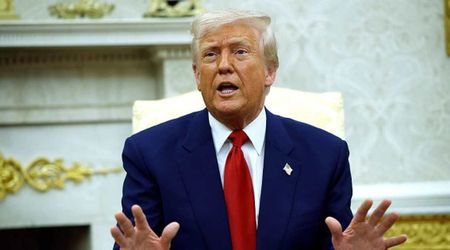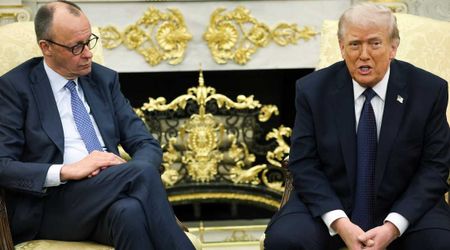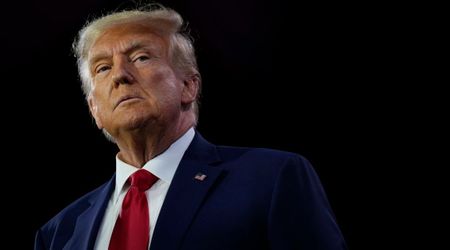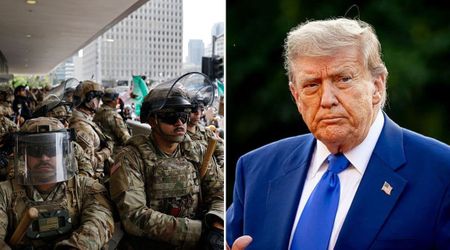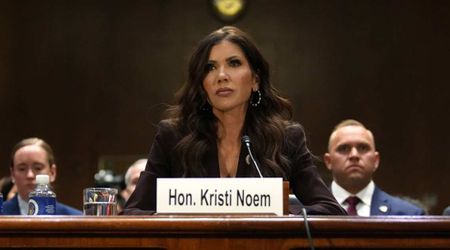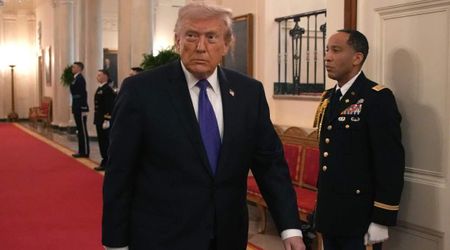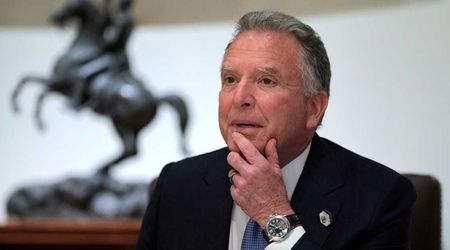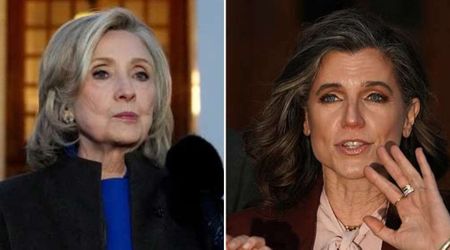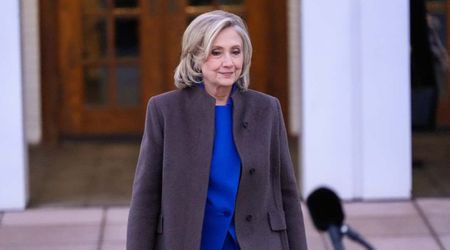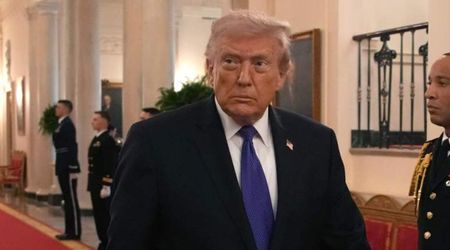Here’s why Trump won’t be able to pardon himself on hush money verdict even if he wins presidency in November
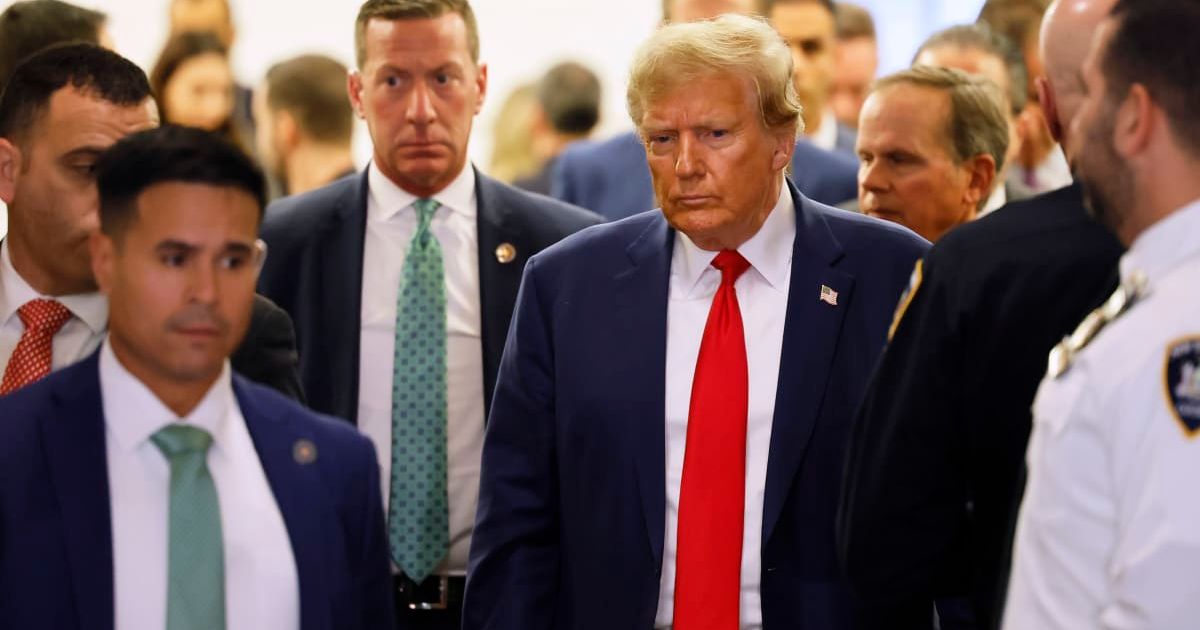
NEW YORK CITY, NEW YORK: Former President Donald Trump would regain the power to grant pardons if he wins the White House in November. However, this authority would not help him overturn his recent conviction in New York related to his hush money trial.
Trump was found guilty on Thursday, May 30, on all 34 counts of falsifying business records, marking a historic moment as he became the first former US president to be convicted of a felony. Despite his likely appeal, the current legal framework indicates that reelection would not erase the guilty verdict.
Will Trump be able to use presidential pardon power to overturn NY conviction if reelected?
The US Constitution grants the president the power to pardon or commute sentences for federal offenses, but this authority does not extend to state crimes. This distinction is crucial in Trump's case, as the charges were brought at the state level by New York prosecutors.
Consequently, even if Trump were to be reelected, he would be unable to use the presidential pardon power to overturn his New York conviction.
In theory, Trump could be pardoned by New York Governor Kathy Hochul. However, this scenario is highly improbable given the political dynamics. Hochul, a Democrat, has shown no inclination to intervene in this high-profile case, making it unlikely that Trump would receive clemency at the state level.

A significant legal ambiguity remains regarding whether a president can pardon themselves for federal offenses. This issue has never been tested in court. Trump has previously asserted that he had the power to pardon himself while in office, a claim he reiterated during an interview with 'Meet the Press' in September.
“I could have pardoned myself,” Trump stated. “Do you know what? I was given an option to pardon myself. I could have pardoned myself when I left.”
Despite this assertion, Trump indicated he was not considering a self-pardon if reelected, maintaining his stance of innocence. “Well, I think it’s very unlikely,” he said. “What, what did I do wrong? I didn’t do anything wrong. You mean because I challenge an election, they want to put me in jail?”
Voting rights and felony convictions
The conviction in the hush money trial makes Trump the first major party nominee to be a convicted felon. However, this does not necessarily disqualify him from voting in the 2024 election, particularly in his home state of Florida.

Each state has its own laws governing voter eligibility for individuals with felony convictions.
In Florida, a person must complete their full sentence, including any prison time, probation, parole, and the payment of all restitution, fines, or fees, before their voting rights are restored. If a Florida resident is convicted of a felony in another state, they lose their voter eligibility if such a conviction would disqualify them in the state where they were convicted.
In New York, a law passed in 2021 stipulates that individuals convicted of a felony lose their voting rights only if they are serving prison time. Their right to vote is restored upon release, even if they remain on parole or under post-release supervision.
As such, Trump's ability to vote would only be impacted if he were incarcerated during the voting period.
Trump's sentencing and political implications of verdict
Trump's sentencing is scheduled for July 11, just days before the Republican National Convention, where he is set to officially become the GOP nominee. Although he could receive a prison sentence, first-time offenders for similar charges typically do not serve time.
If Trump avoids incarceration, his voter eligibility in Florida and potential campaigning for the presidency would remain unaffected.
Trump's legal challenges extend beyond the New York conviction. He faces charges in Georgia related to efforts to overturn the 2020 election results and federal charges in Washington, DC, and Florida concerning his attempts to remain in power and handling of classified documents, respectively.
However, these cases are not expected to go to trial before the November election, The Hill reported.

